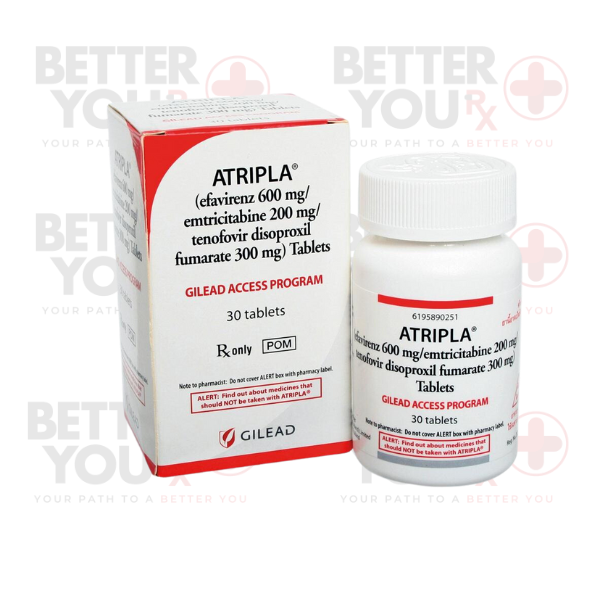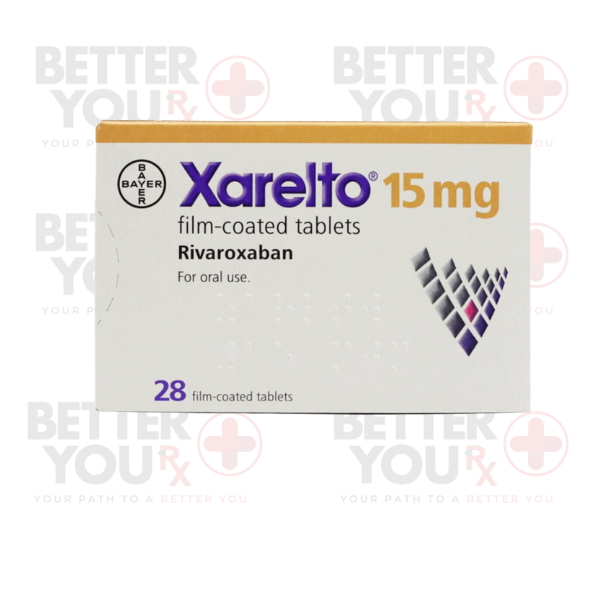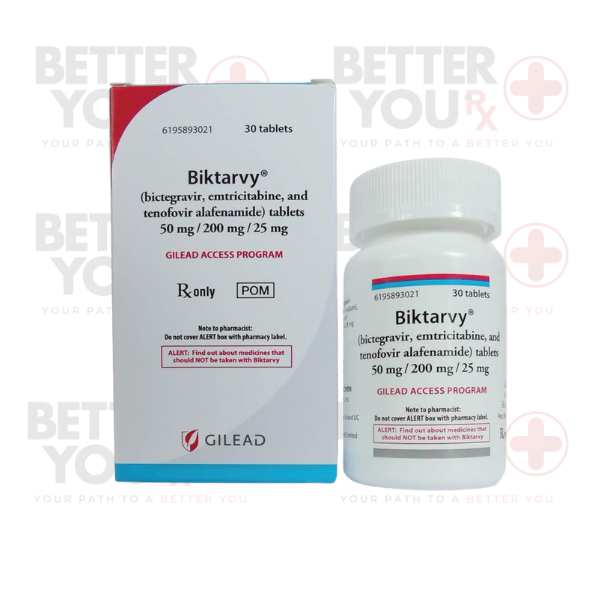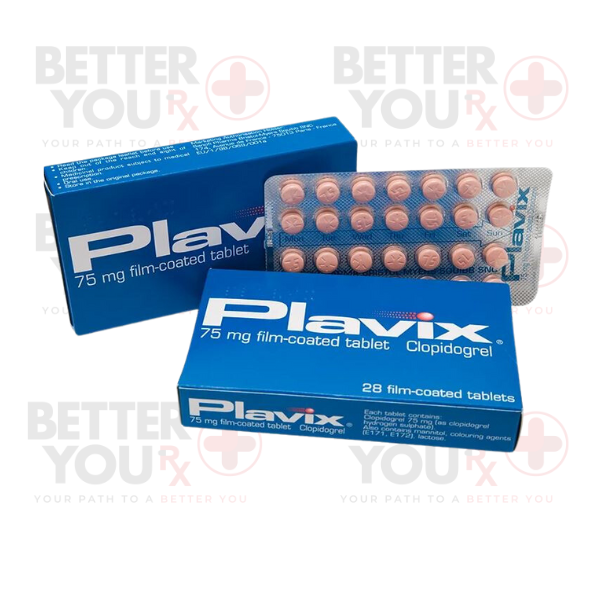Description
Pariet is a medication primarily used to treat conditions associated with excess stomach acid production. Its active ingredient, rabeprazole sodium, belongs to a class of drugs known as proton pump inhibitors (PPIs). Pariet works by reducing the production of stomach acid, which can help relieve symptoms and promote the healing of certain digestive disorders. This comprehensive guide provides essential information about Pariet, including its uses, potential side effects, proper storage, and what to do in case of an overdose.










Reviews
There are no reviews yet.